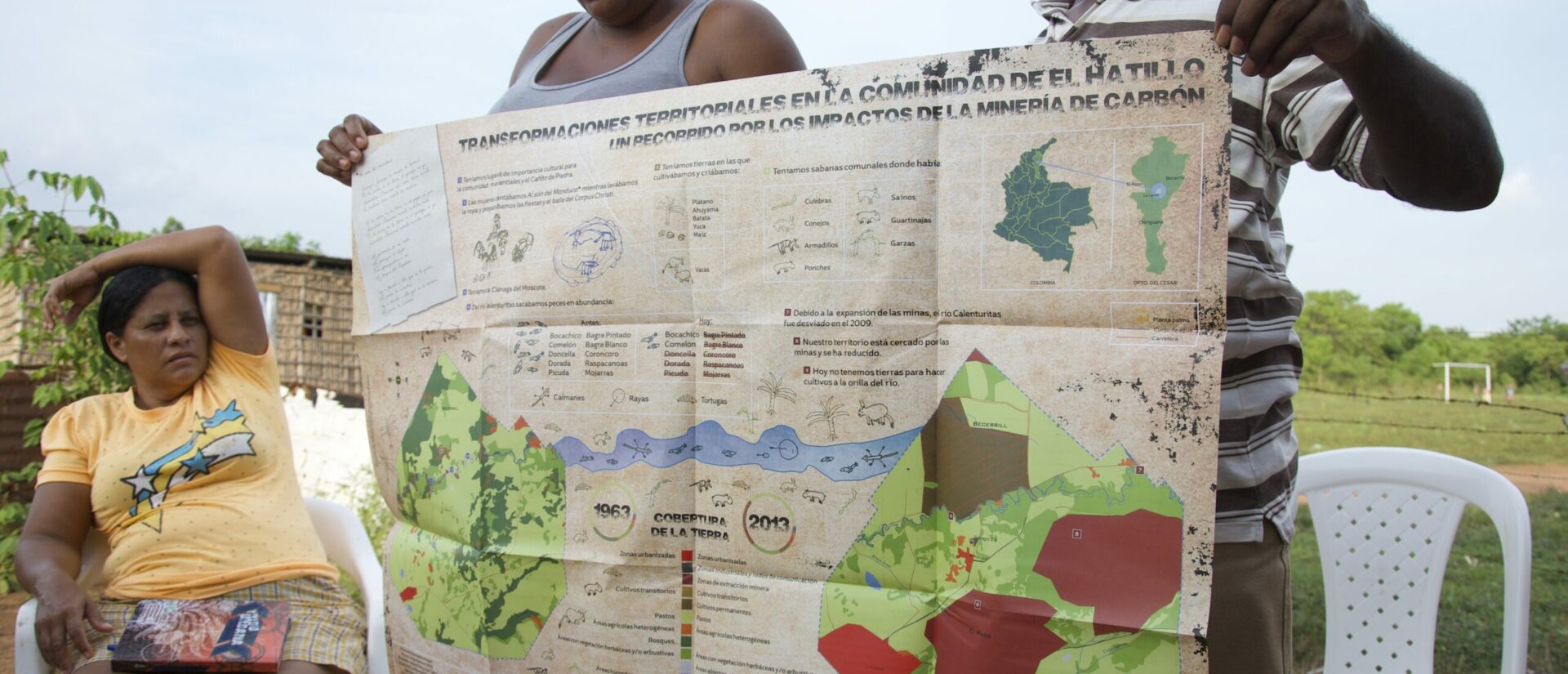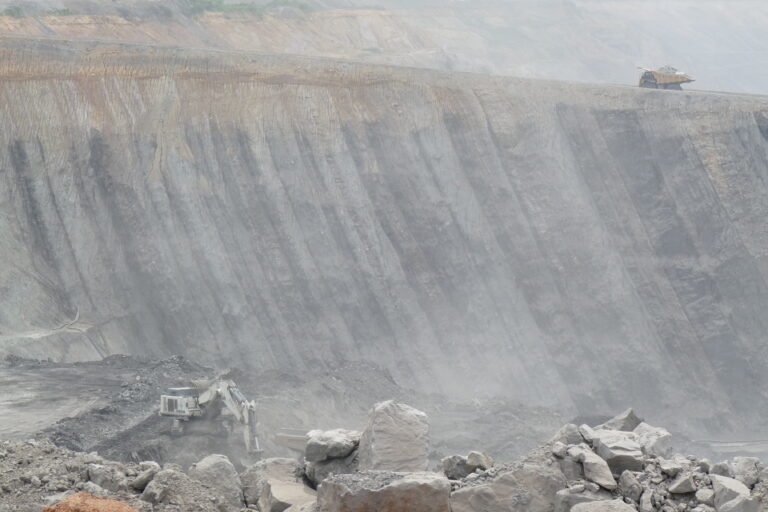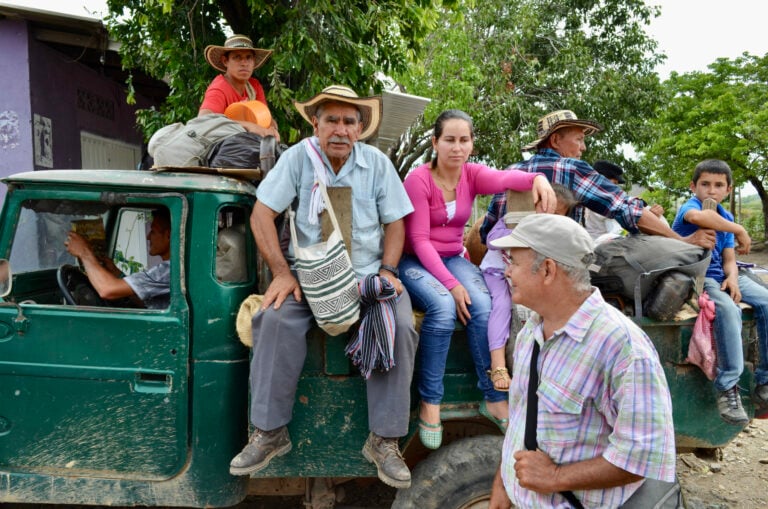
Europe ignores exploitation, when it comes to coal from Colombia

As an alternative to Russian gas, Europe is returning to coal from Colombia that is drenched in human rights abuses that occurred during that country’s deadly civil war during and that continue today. Europe is thereby avoiding one bloody conflict by exacerbating another.
Once again, ships loaded with coal sail daily from the Netherlands to the industrial heart of Germany. This is not surprising, because despite their “green” talk of renewable energy and sustainability, major European energy companies continue to generate significant amounts of electricity in coal-fired power plants. The use of coal has steadily declined in recent years, but since Russia’s invasion of Ukraine, this trend has reversed. Panicked by skyrocketing gas prices, several European governments have recently allowed their coal-fired power plants to return to full capacity.
Data from energy data company Kpler show that about 40 million tons of coal has been imported into the Netherlands this year. Some of it is used for combustion at RWE’s Eemshaven power plant, Uniper’s Maasvlakte power plant and Onyx-Power’s (formerly Engie) power plant in Rotterdam. Most is passed on to power plants along the Rhine in Germany.
Conflict coal
Until recently, most coal came from Russia, but since the boycott of Russian energy sources, European demand for coal from other countries, such as Colombia, has skyrocketed to 7 million tons (37 percent increase), almost as much as in 2017. Of that, 2 million tons are imported from the conflict-ridden northern mining region of Cesar, four times as much as last year. Meanwhile, no one is talking about the human rights implications.
Eight years ago, European NGOs, including the Dutch peace organization Pax, were already calling attention to crimes committed by right-wing paramilitary militias between 1996 and 2006 in the Cesar coal mining region. They killed more than three thousand people and displaced 55,000 from their land, land that later often fell into the hands of coal mining companies. Human rights defenders in the region continue to receive regular death threats. By international standards, European energy companies, as buyers of this coal, bear responsibility for these negative consequences.
Despite signing a so-called “coal covenant” with the Dutch government in 2015, energy companies have not substantially contributed to a solution for the victims of Colombian “blood coal” in recent years. Despite this, energy companies continued to buy their coal; so now again in ever-increasing quantities.
SOMO therefore concluded back in July 2021 that these companies are complicit in the continuation of human rights violations.
War crimes
In December 2020, Colombian prosecutors charged several top executives of a mining company with involvement in war crimes in the mining region. Last June, Colombia’s Truth Commission concluded in its final report that mining companies have benefited (and continue to benefit) from the violent displacement of farmers through illegal land purchases. European energy companies that buy coal from Colombia are fearfully keeping quiet about this.
When energy companies switch from coal from Russia to coal from Colombia, they are trading one conflict resource for another. Instead, they should seize the opportunity to switch to clean and sustainable forms of energy.
A just energy transition means that energy companies address the human rights violations to which they have contributed over the years. And they should also make a tangible contribution to improving the lives of those on whose backs they have made money for years.
This op-ed was previously published in Dutch by Trouw(opens in new window) .
Do you need more information?
-

Joseph Wilde-Ramsing
Advocacy Director
Partners

Related content
-
Posted in category:Publication

-

-



